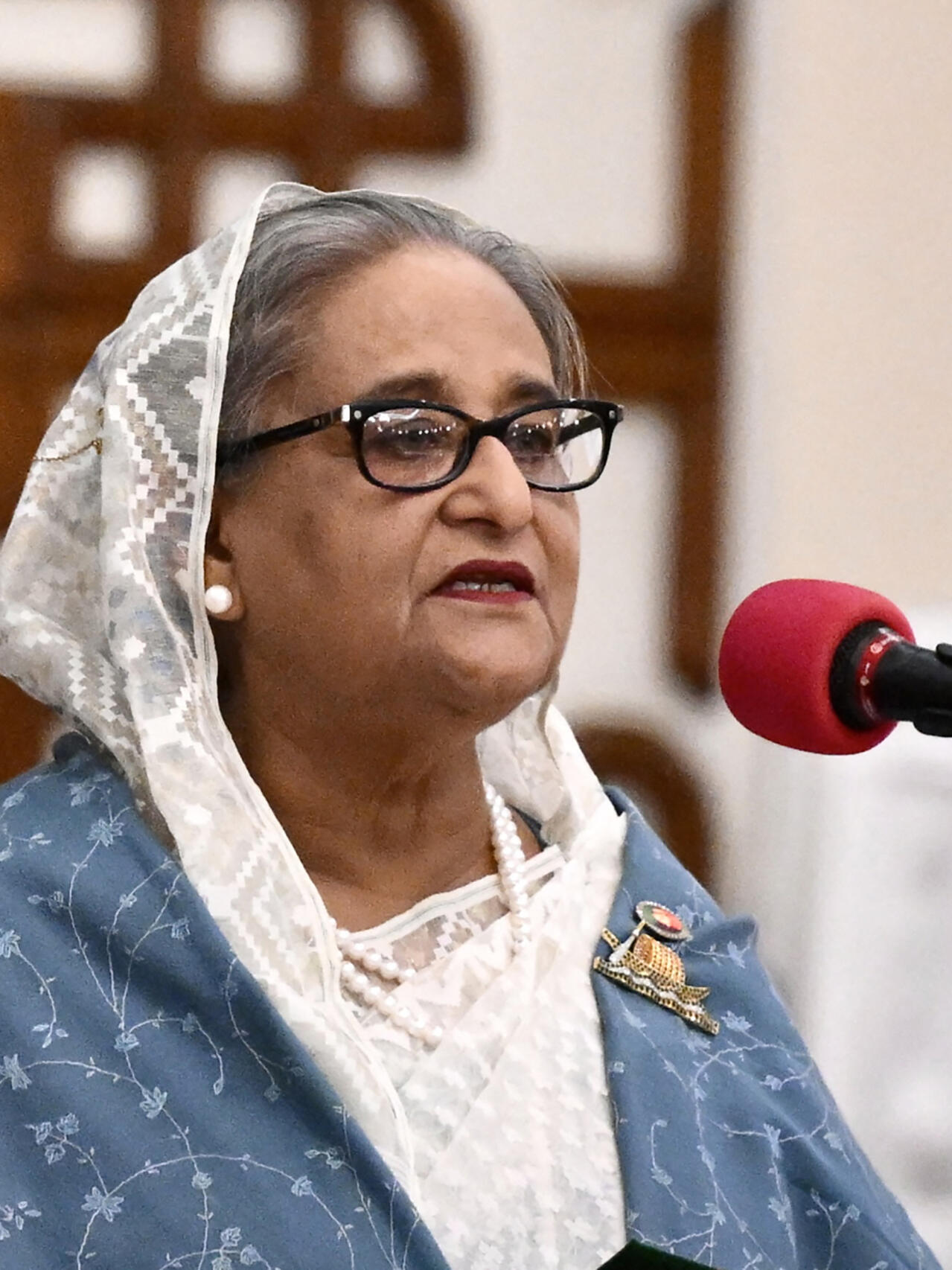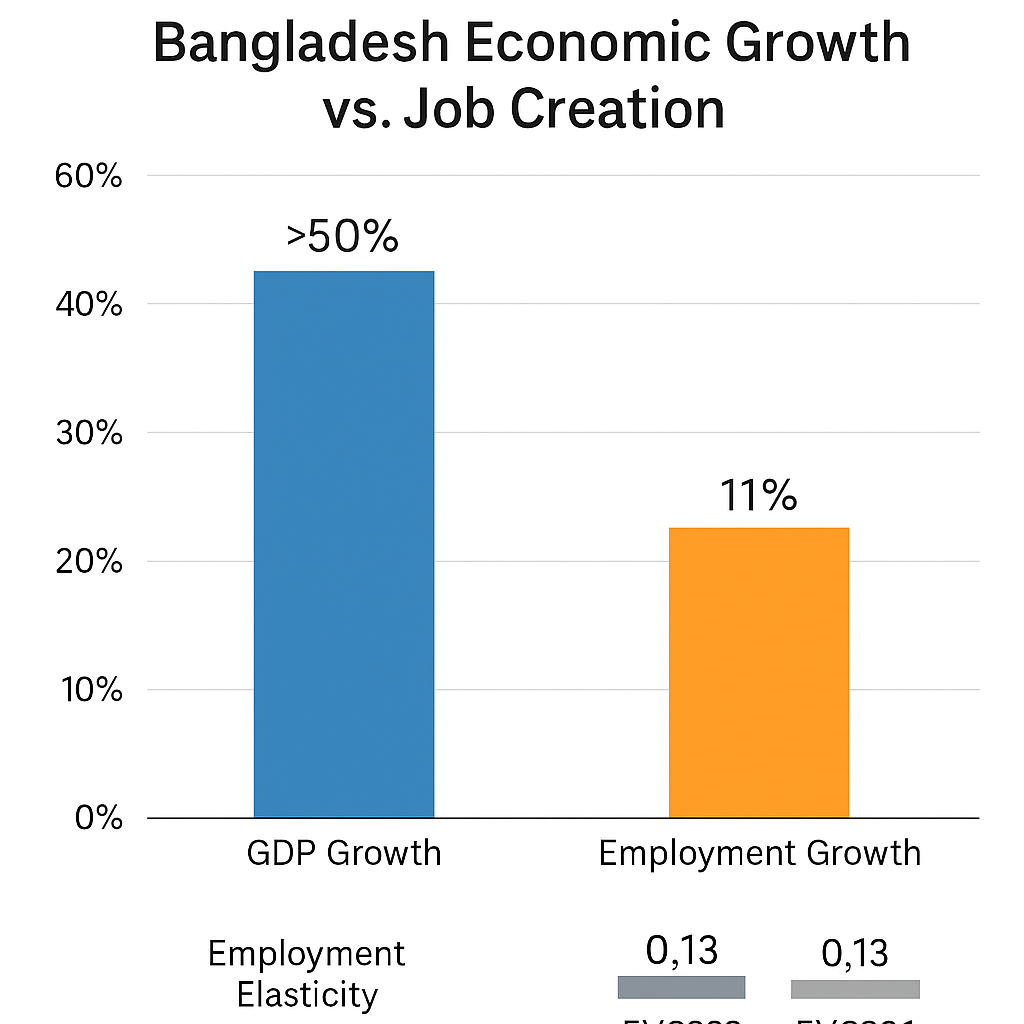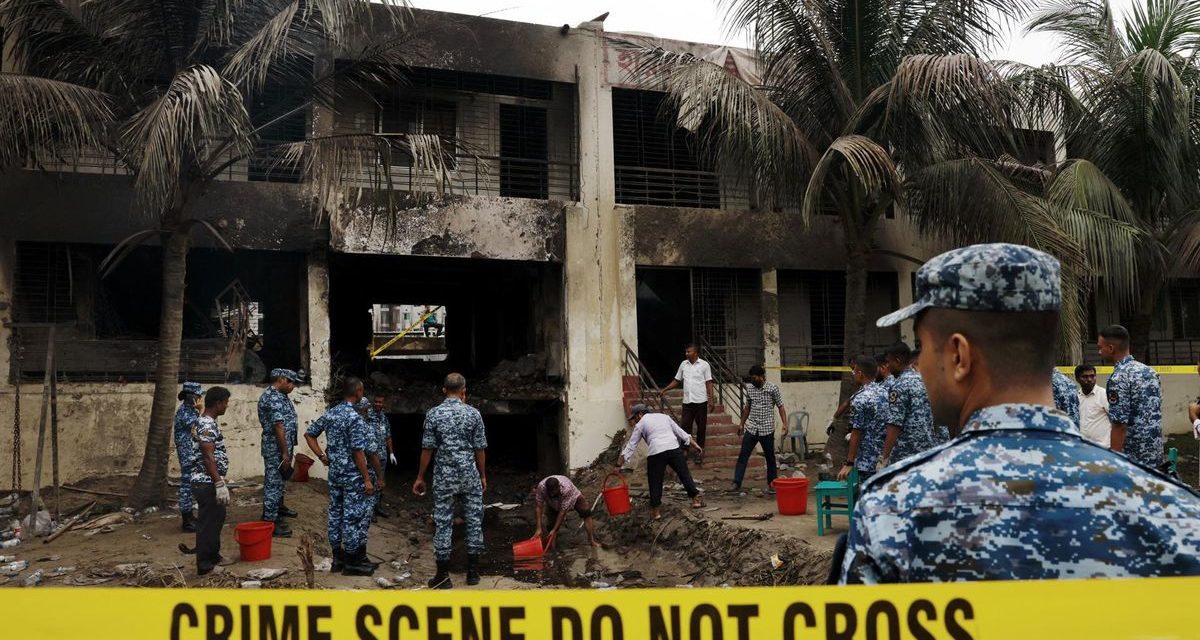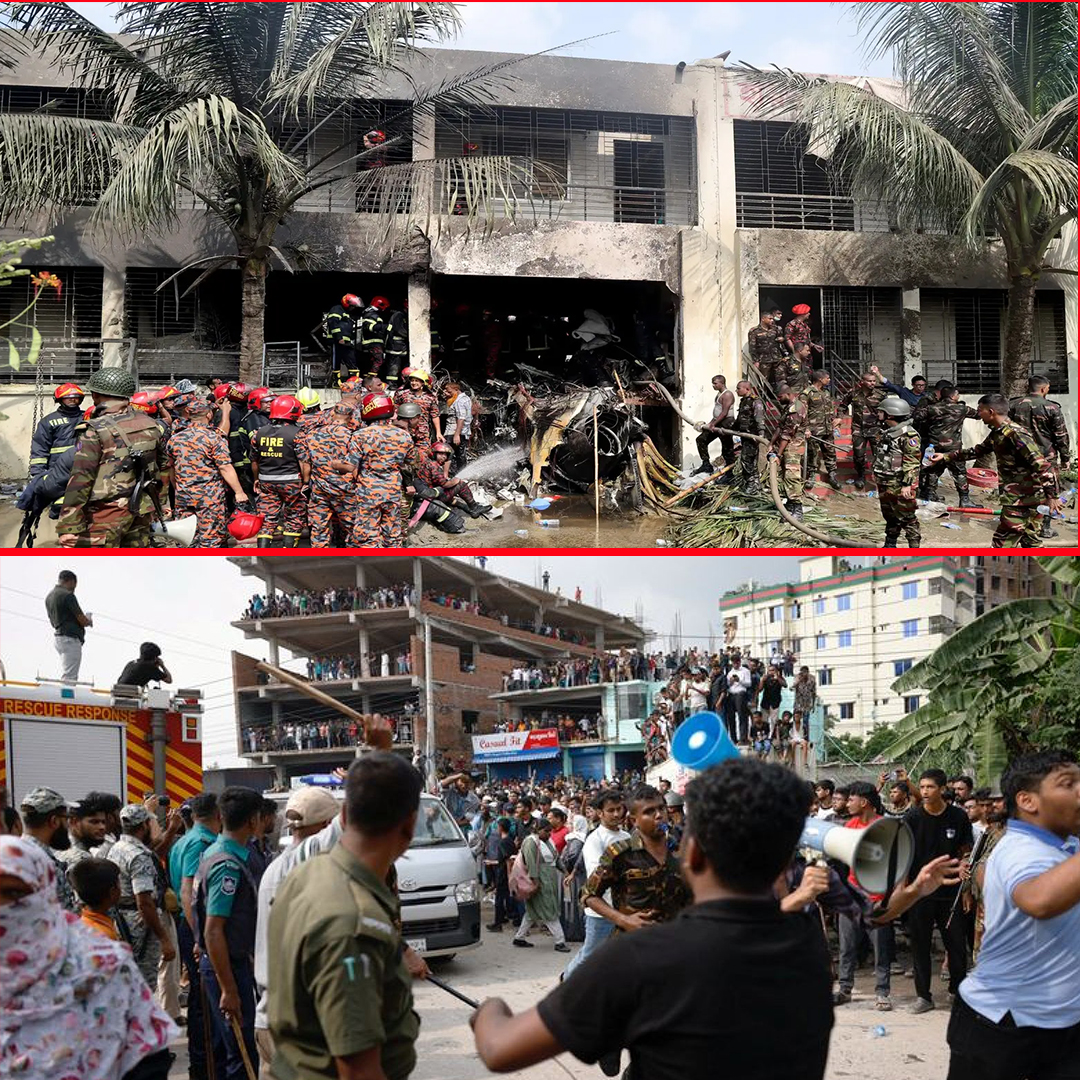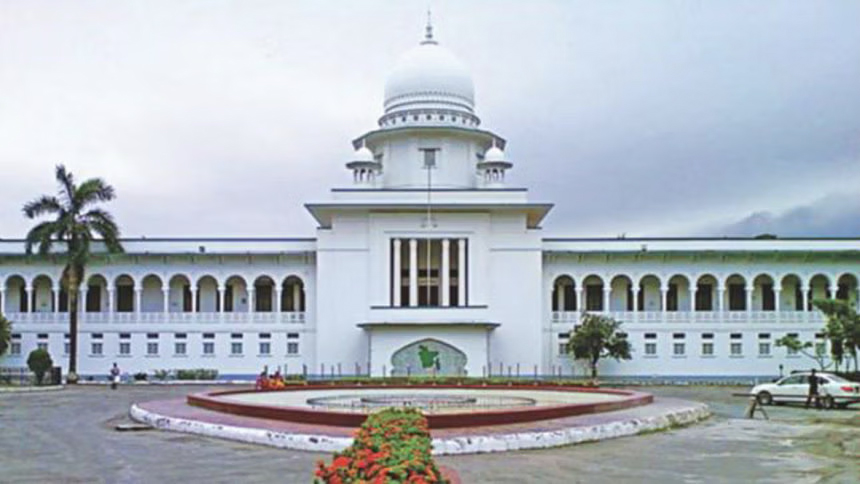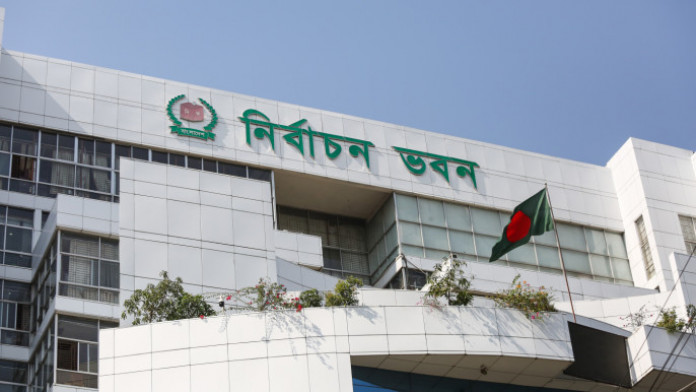
Dozens of new political parties list false or unverifiable addresses in Dhaka as they seek registration
A growing concern has emerged in Bangladesh’s political landscape as many parties seeking registration with the Election Commission (EC) have been found to be operating with unverifiable or entirely fake office addresses. From March 10 to June 22, 2025, a total of 147 political parties applied for official registration. While this number may suggest healthy democratic participation, a closer investigation reveals a much more troubling reality. Journalistic inquiries conducted in late June uncovered that a large number of these parties either do not exist at their stated office locations or share tiny, makeshift spaces that do not resemble functioning political headquarters. Out of 13 offices visited in the capital’s Paltan area—long a hub for political activity—nine were found to have no visible presence of any political group. Four others were discovered to be operating from the rooftop of a 15-storey commercial building, with some parties even sharing the same room. These findings point to a pattern of parties attempting to meet the minimum EC requirements through superficial or misleading arrangements, raising serious doubts about the legitimacy of their operations.
One striking example is the Janatar Bangladesh Party, which listed its headquarters on the 12th floor of Darus Salam Arcade. Upon visiting the location, journalists found the space occupied by travel agencies and legal offices, with no sign of a political party. When contacted, the party’s chairperson admitted they had vacated the space months ago and had not updated the EC with a new address. Similar patterns were found in other cases. The Bangladesh Janojote Party, Bangladesh Nagorik Party, Bangladesh Tisari Insaf Party, and Bangladesh Shangksarbadi Party all listed addresses where no party activity could be verified. These groups had no signage, no representatives, and in some cases, the building management had never heard of them. In another revealing case, four parties—National Labour Party, Jonotar Odhikar Party, JAGPA, and Desh Bachao Manush Bachao Andolon—were found to be operating from a small rooftop area in Pritom Zaman Tower on Box Culvert Road. The rooms had limited space and were visibly shared. Two of the parties even listed the exact same room as their central office. Although representatives confirmed their presence, the overall lack of structure and documentation highlighted the minimal, and likely symbolic, nature of these setups.
The EC requires parties to meet at least one of three criteria to qualify for registration: they must have a functioning and verifiable central office, a central executive committee that meets regularly, or offices in one-third of the country’s districts or at least 100 upazilas. These criteria are designed to ensure that only organized, functioning political parties can contest elections and access state resources. Currently, 50 political parties are officially registered in Bangladesh. Since 2008, only five new parties have received registration—two before the 2024 national election and three before the 2014 vote. Notably, no new parties were registered ahead of the 2018 polls, a reflection of the EC’s more cautious approach at the time. The sudden influx of 147 applications in 2025 has overwhelmed the system and highlighted the need for stronger vetting mechanisms. Many of the parties under investigation appear to exist solely to obtain the legal and symbolic benefits of registration—such as access to electoral platforms, media coverage, and political recognition—without fulfilling the responsibilities that should accompany those privileges.
The growing presence of what some have called “phantom parties” poses a significant threat to Bangladesh’s electoral integrity. When organizations with no grassroots activity, no leadership accountability, and no physical presence are allowed to register as political parties, it undermines the principles of fair competition and informed voter choice. These parties may crowd ballots, confuse voters, or serve as fronts for larger interests aiming to manipulate the democratic process. To prevent this, the EC must immediately strengthen its verification system. Mandatory on-site inspections, the requirement of submitting rental agreements or utility bills, and periodic audits of party activity should become part of the standard process. Furthermore, penalties should be imposed for submitting false or misleading information in registration applications. Without such safeguards, the electoral system risks being overrun by paper-only entities that contribute nothing to political discourse or public service. A democratic process is only as strong as the integrity of its participants, and allowing parties with no real-world presence to gain legal status diminishes both public trust and the legitimacy of future elections. The EC must act decisively to restore faith in the system and ensure that political representation remains grounded in transparency, accountability, and genuine civic engagement.
source : thedailystar


